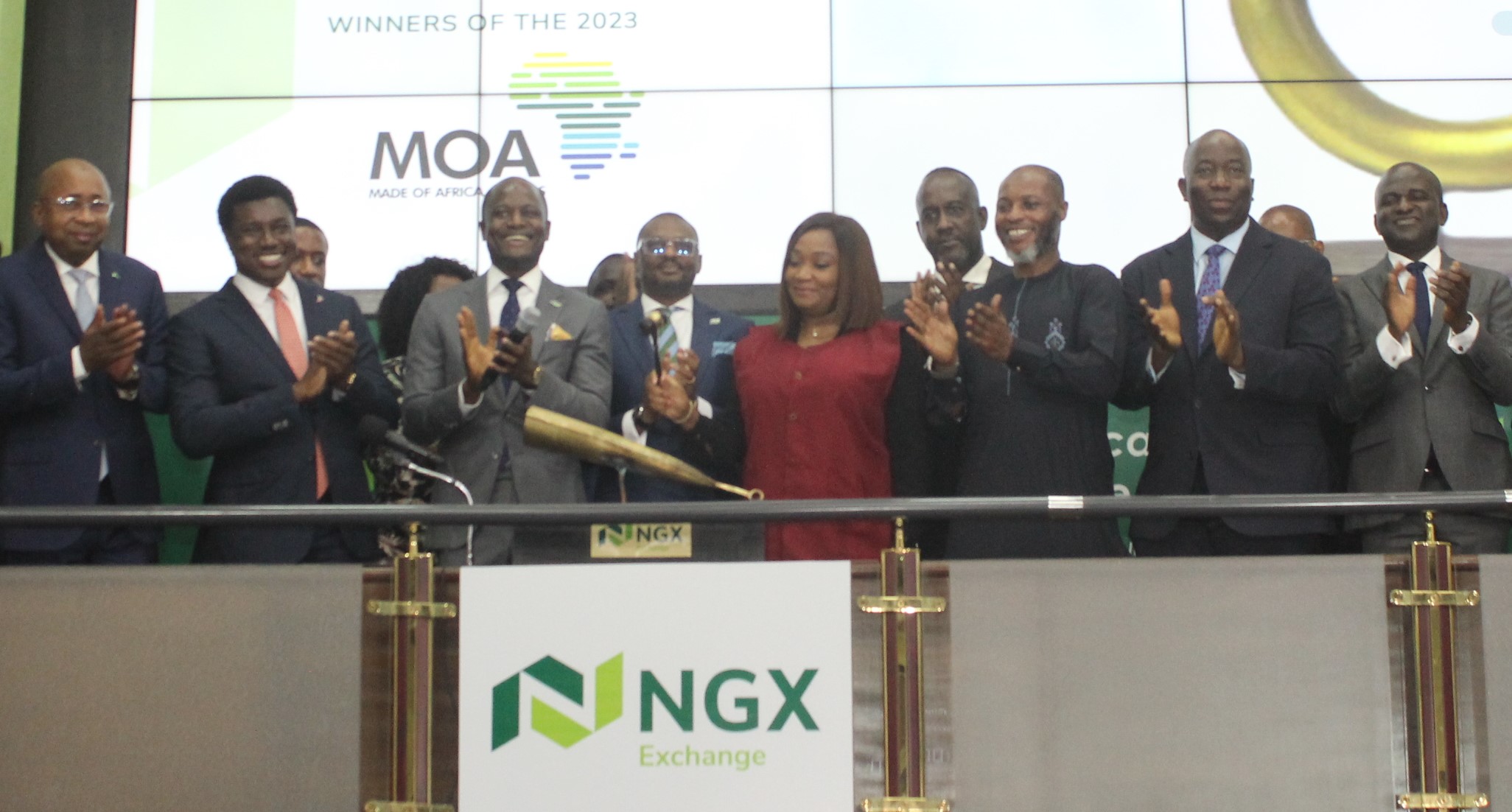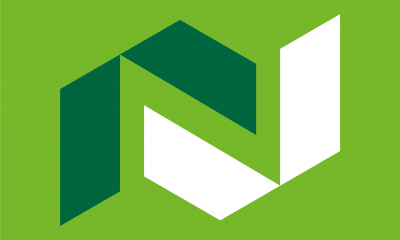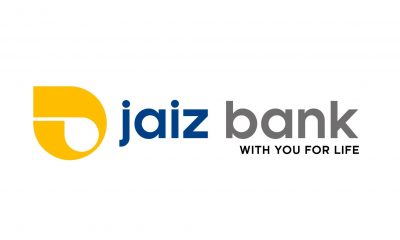Economy
NGX Bucks 2015 to 2019 Trend, Thrives in Roaring 20s as Index Gains 37.65% in 2024

The Nigerian Exchange (NGX) Limited has marked a remarkable turnaround, breaking away from the poor performance of the 2015–2019 period to thrive in the 2020s. Following the oil price crash in 2015 and the ensuing recession in 2016, the 2020s have ushered in a period of unprecedented growth for Nigeria’s stock market.
Since 2020, the All-Share Index (ASI) has delivered a stellar return of 283.45 per cent, climbing from 26,842.07 points at the end of 2019 to 102,926.40 points as of December 2024. Standout years include 2020, 2023, and 2024, as investors sought higher real returns from equities amid negative yields in the fixed-income markets. The index closed 2024 with an impressive annual growth of 37.65 per cent.
The depreciation of the naira, driven by macroeconomic reforms by the Central Bank of Nigeria (CBN) and the federal government, has significantly boosted the performance of the stock market. Foreign capital inflow has steadily increased, rising from a low of 4 per cent in mid-2023 to an average of 16 per cent by November 2024.
Additionally, high-profile listings have energized trading activities on the exchange, providing investors with a broader range of blue-chip stocks. Notable entries include Geregu Power Plc, Transcorp Power Plc, Aradel Holdings, and BUA Foods. These listings have propelled the market capitalization from N12.79 trillion at the end of 2019 to N62.76 trillion as of December 2024, representing a meteoric increase of N49.97 trillion.
At the Closing Gong Ceremony marking the end of 2024 trading activities, NGX’s chief executive of Mr Jude Chiemeka, represented by the Head of Trading and Products, Mr Abimbola Babalola, commended key stakeholders, including the stockbroking community represented by the Chartered Institute of Stockbrokers (CIS) and the Association of Securities Dealing Houses of Nigeria (ASHON).
“The year 2024 witnessed significant activity in the secondary market, a testament to the efforts of our trading license holders. Complementary macroeconomic fundamentals were instrumental, and we appreciate the impactful policymaking by the CBN and the Federal Ministry of Finance. We also commend the Securities and Exchange Commission for its effective oversight, especially during the smooth banking recapitalization process,” he said.
CIS President and Chairman of Council, Mr Oluropo Dada, and ASHON Chairman, Mr Sam Onukwue, represented by the 2nd Vice Chairman, Mrs Ify Rita Ejezie, emphasized the pivotal role of stockbrokers in driving the capital market growth. They reiterated their commitment to advocating for policies that enhance market development.
Despite the impressive growth, challenges remain. According to Proshare’s 2025 market outlook, Nigeria’s capital market continues to grapple with high transaction costs, information asymmetry, monetary tightening, low trading volumes, and wide bid-ask spreads, all of which stifle liquidity. However, the report underscores the potential of leveraging the equity market through the listing of national assets, such as NNPC, to unlock liquidity and stimulate domestic and foreign investment.
Temi Popoola, GMD/CEO of Nigerian Exchange Group, reflected on the market’s resilience and growth trajectory: “Nigeria’s capital market has proven itself as a hub of resilience and innovation, consistently offering valuable opportunities for investors. The strong performance of our blue-chip companies over the past decade has been a key driver of returns, even amid challenging economic cycles. Inflationary pressures have made equities an attractive hedge, and strategic new listings have significantly boosted market activity.”
He further highlighted the transformative impact of policy reforms: “Macroeconomic shifts, particularly in the oil and gas sectors and currency devaluation, have been transformative. These changes, coupled with the liberalization of exchange rates, have enhanced operational efficiency and contributed to the robust performance of listed companies. As we approach 2025, we remain optimistic that continued reforms and a stable macroeconomic environment will sustain growth, boost liquidity, enhance investor confidence, and deliver long-term value for all market participants.”
Economy
LIRS Urges Taxpayers to File Annual Returns Ahead of Deadline

By Modupe Gbadeyanka
All individual taxpayers in Lagos State have been advised to file their annual tax returns ahead of the March 31 deadline.
This appeal was made by the Lagos State Internal Revenue Service (LIRS) in a statement issued by its Head of Corporate Communications, Mrs Monsurat Amasa-Oyelude.
The notice quoted the chairman of LIRS, Mr Ayodele Subair, as saying that timely filing remains both a constitutional and statutory obligation as well as a civic responsibility.
The statutory filing requirement applies to all taxable persons, including self-employed individuals, business owners, professionals, persons in the informal sector, and employees under the Pay-As-You-Earn (PAYE) scheme.
In accordance with Section 24(f) of the 1999 Constitution of the Federal Republic of Nigeria, Sections 13 &14(3) of the Nigeria Tax Administration Act 2025 (NTAA), every individual with taxable income is required to submit a true and correct return of total income from all sources for the preceding year (January 1 to December 31, 2025) within 90 days of the commencement of a new assessment year.
“Filing of annual tax returns is not optional. It is a legal requirement under the Nigeria Tax Administration Act 2025. We encourage all Lagos residents earning taxable income to file early and accurately.
“Early and accurate filing not only ensures full adherence with statutory requirements, but supports effective monitoring and forecasting, which are critical to Lagos State’s fiscal planning and long-term sustainability,” Mr Subair stated.
He further noted that failure to file returns by the statutory deadline attracts administrative penalties, interest, and other enforcement measures as prescribed by law.
To enhance convenience and efficiency, all individual tax returns must be submitted electronically via the LIRS eTax portal at https://etax.lirs.net. The platform enables taxpayers to register, file returns, upload supporting documents, and manage their tax profiles securely from anywhere.
In keeping with global best practices, Mr Subair reiterated that LIRS continues to prioritise digital tax administration and taxpayer support services. He affirmed that the LIRS eTax platform is secure and accessible worldwide. Taxpayers requiring assistance may visit any of the LIRS offices or other channels.
Economy
NNPC Targets 230% LPG Supply Surge to 5MTPA Under Gas Master Plan 2026

By Adedapo Adesanya
The Nigerian National Petroleum Company (NNPC) Limited has said the Gas Master Plan 2026 targets over 230 per cent scale-up of Liquefied Petroleum Gas (LPG) supply from 1.5 million tonnes per annum (MTPA) to 5 MTPA this year.
The Executive Vice President for Gas, Power and New Energy at NNPC, Mr Olalekan Ogunleye, unveiled the strategic direction of the NNPC Gas Master Plan 2026, outlining an aggressive expansion drive to position Nigeria as a regional and global gas powerhouse.
Mr Ogunleye delivered the keynote address at the 2026 Lagos Energy Week, organised by the Society of Petroleum Engineers (SPE), where he detailed plans to accelerate gas development, deepen infrastructure and significantly scale domestic supply.
According to him, the Gas Master Plan targets a scale-up of LPG or cooking gas supply from 1.5 MTPA to 5 MTPA, alongside expanded feedstock for Mini-LNG and Compressed Natural Gas (CNG) projects.
“The NNPC Gas Master Plan 2026 is a blueprint to unlock Nigeria’s vast gas potential and translate it into tangible economic value,” Mr Ogunleye said.
He added that the strategy would also drive exponential growth in Gas-Based Industries, GBIs, strengthening local manufacturing, fertiliser production and power generation.
“Our renewed focus is on turning abundant gas resources into inclusive economic growth and improved quality of life for Nigerians,” he stated.
Mr Ogunleye said the plan aligns with the Federal Government’s Decade of Gas initiative and the presidential production targets of achieving 10 billion cubic feet per day by 2027 and 12 BCF/D by 2030.
Industry leaders at the event, including executives from Chevron Corporation, Esso Exploration and Production Nigeria Limited, Midwestern Oil and Gas Company Limited, Abuja Gas Processing Company and Shell Nigeria Gas, commended the plan and praised Ogunleye’s leadership in driving implementation excellence.
The new blueprint signals NNPC’s determination to anchor Nigeria’s energy transition on gas, leveraging infrastructure expansion and domestic utilisation to consolidate the country’s status as Africa’s largest gas reserve holder.
Economy
Shettima Blames CBN’s FX Intervention for Naira Depreciation

By Adedapo Adesanya
Vice President Kashim Shettima has attributed the Naira’s recent depreciation to the intervention of the Central Bank of Nigeria (CBN) in the foreign exchange (FX) market, stating that the currency could have strengthened to around N1,000 per Dollar within weeks if the apex bank had allowed market forces to prevail.
The local currency has dropped over N8.37 on the Dollar in the last week, as it closed at N1,355.37/$1 on Tuesday at the Nigerian Autonomous Foreign Exchange Market (NAFEM), after it went on a spree late last month and into the early weeks of February.
However, speaking on Tuesday at the Progressive Governors’ Forum (PGF), Renewed Hope Ambassadors Strategic Summit in Abuja, the Nigerian VP said the intervention was to ensure stability.
“In fact, if not for the interventions by the Central Bank of Nigeria yesterday, the 1,000 Naira to a Dollar we are going to attain in weeks, not in months. But for the purpose of market stability, the CBN generously intervened yesterday.
“So, for some of my friends, especially one of our party leaders who takes delight in stockpiling dollars, it is a wake-up call,” the vice president said.
He was alluding to CBN buying US Dollars from the market to slow down the rapid rise of the Naira.
Latest information showed that last week, the apex bank bought about $189.80 million to reduce excess Dollar supply and control how fast the Naira was gaining value.
The move was aimed at preventing foreign portfolio investors from exiting Nigeria’s fixed-income market, as large-scale sell-offs could heighten demand for US Dollars, intensify capital flight, and exert further pressure on the exchange rate.
Amid this, speaking after the 304th meeting of the monetary policy committee (MPC) of the CBN on Tuesday, Governor of the central bank, Mr Yemi Cardoso, said Nigeria’s gross external reserves have risen to $50.45 billion, the highest level in 13 years.
This strengthens the country’s foreign exchange buffers, enhances the apex bank’s capacity to defend the Naira when needed, and boosts investor confidence in the stability of the Nigerian FX market.
-

 Feature/OPED6 years ago
Feature/OPED6 years agoDavos was Different this year
-
Travel/Tourism10 years ago
Lagos Seals Western Lodge Hotel In Ikorodu
-

 Showbiz3 years ago
Showbiz3 years agoEstranged Lover Releases Videos of Empress Njamah Bathing
-

 Banking8 years ago
Banking8 years agoSort Codes of GTBank Branches in Nigeria
-

 Economy3 years ago
Economy3 years agoSubsidy Removal: CNG at N130 Per Litre Cheaper Than Petrol—IPMAN
-

 Banking3 years ago
Banking3 years agoSort Codes of UBA Branches in Nigeria
-

 Banking3 years ago
Banking3 years agoFirst Bank Announces Planned Downtime
-

 Sports3 years ago
Sports3 years agoHighest Paid Nigerian Footballer – How Much Do Nigerian Footballers Earn






















